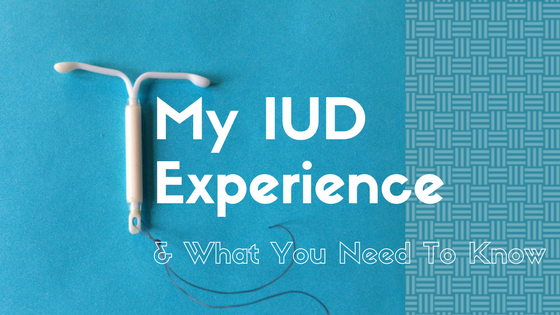Finding Your Biologically Appropriate Weight
~Disclaimer: I am not a doctor or physician. All information provided is for information purposes only. ~
For many of us, we have grown up with the BMI system, maybe even calculated our ideal body weight (IBW) using the countless of different formulas that can be found on the internet or even during some health classes.
Some of us may have even been teased or stressed out over our BMI being in the overweight/obese categories, or that we were above our IBW.
Millions of us have tried to restrict, sweat out, or diet pill our way into trying to make our body fit into one or both of these categories, or perhaps, even below those recommendations.
There is a different way, and it doesn't involve scales, measurements, or even judging our bodies based on how our clothes fit. It's called a biologically appropriate weight (BAW).
Your biologically appropriate weight is commonly defined as the weight the body settles at when consuming three meals and three snacks a day without disordered behaviors or compensating mechanisms (eg restriction, fasting, over exercise, purging, laxatives, etc.). In the broader world, it can be considered the weight your body maintains without dieting, over-exercise, or other disordered behaviors.
What are BMI and IBW lacking?
They try to categorize health solely based on numbers. This is dangerous, and can (and has) lead many people down dangerous paths of basing their health/worth solely on their body weight and BMI. It doesn't take into account the diverse amount of sizes that bodies can be in to operate appropriately and can ignore deeper health problems solely based on weight.For instance, let's say we have two females aged 20 both at 5' 7' and 135 lbs. This puts them in the "normal" BMI category, and it would be considered an IBW for their height. Female A eats food that she enjoys and enjoys yoga once a week. She has her periods steadily and doesn't experience any chronic health issues related to food. Female B avoids food, restricts, purges when she binges and hasn't had her period for over six months. She also constantly feels cold, tired, and faints when she stands up to fast. Female A would be at a biologically appropriate weight, but Female B is clearly not at one due to the loss of a biological mechanisms (menstruation), and other signs of malnutrition such as the cold intolerance and the fainting. But because Female B's BMI is "normal" and she is at her IBW it may take months or years before her doctor, friends or family realize that something is wrong.
While the above example may seem extreme, it still shows the failure of BMI or IBW to tell us anything of use in our lives, other than an arbitrary number that can be plotted on an arbitrary chart.
Instead of trying to force your body to fit onto an arbitrary chart, you can trust your body to know where it needs to be and that it will gladly maintain there if we would simply let it exist!
What is BAW a better option than other standards of weight?
1> It doesn't require you to engage in harmful behaviors such as over exercise, dieting, restriction and2> It won't promote disordered behaviors such as body checking, chronic weight checking, measurement, or shame/guilt with foods and eating
3> It allows all body sizes to exist and recognizes that health and body weight are poor correlations.
4> It promotes an appropriate feeding of your body and appropriate movement for your body.
5> It allows for a range of different functions to help guide us to our BAW.
6> It puts you and your body in the master position of if your size is right for you. If you function appropriately, you aren't engaging in disordered behavior, and you feel great then that is where you are meant to be!
How can you get to your BAW?
Start eating! If you are hungry, eat! If you are craving some Oreos have some Oreos! Eat unconditionally and without fear. Your body is great at balancing out what we take in, and if we listen to it we can provide it what it wants and needs.Stop weighing yourself. Seriously, throw out your scale, smash it, whatever you need to do but get it out of your life.
Get help. If letting go of the diet mindset is hard for you (and it's hard for all of us, you aren't alone) or if you engage in disordered behaviors such as over exercise, restricting your food intake, or purging please reach out for help. Tell your doctor, a trusted friend or a therapist, so that you can start on the path to help you get the help you need to heal. Not sure if you have disordered behaviors around food or weight? Try out the National Eating Disorders Association's (NEDA) free screening tool.
You can find HAES practitioners here.
You can also find practitioners that specialize in eating disorders here.
So please, feed your body when you are hungry. Move your body when you want to move it. Pamper your body when you need it, and give it rest when it is tired. Our bodies are amazing machines that will always try to do it's best, we just have to do right by it.




Comments
Post a Comment